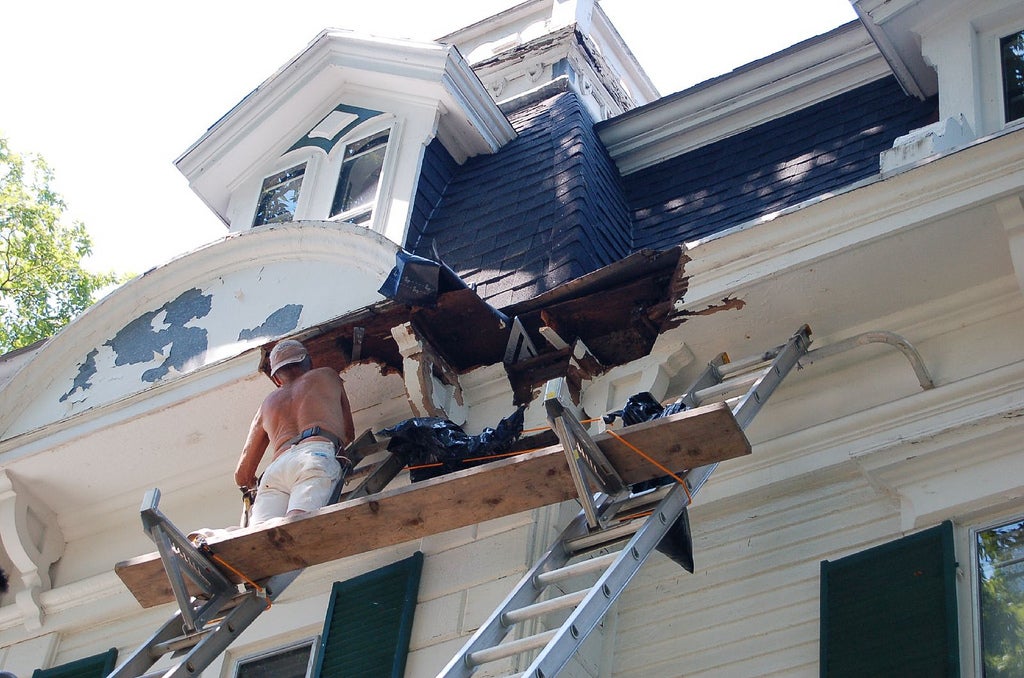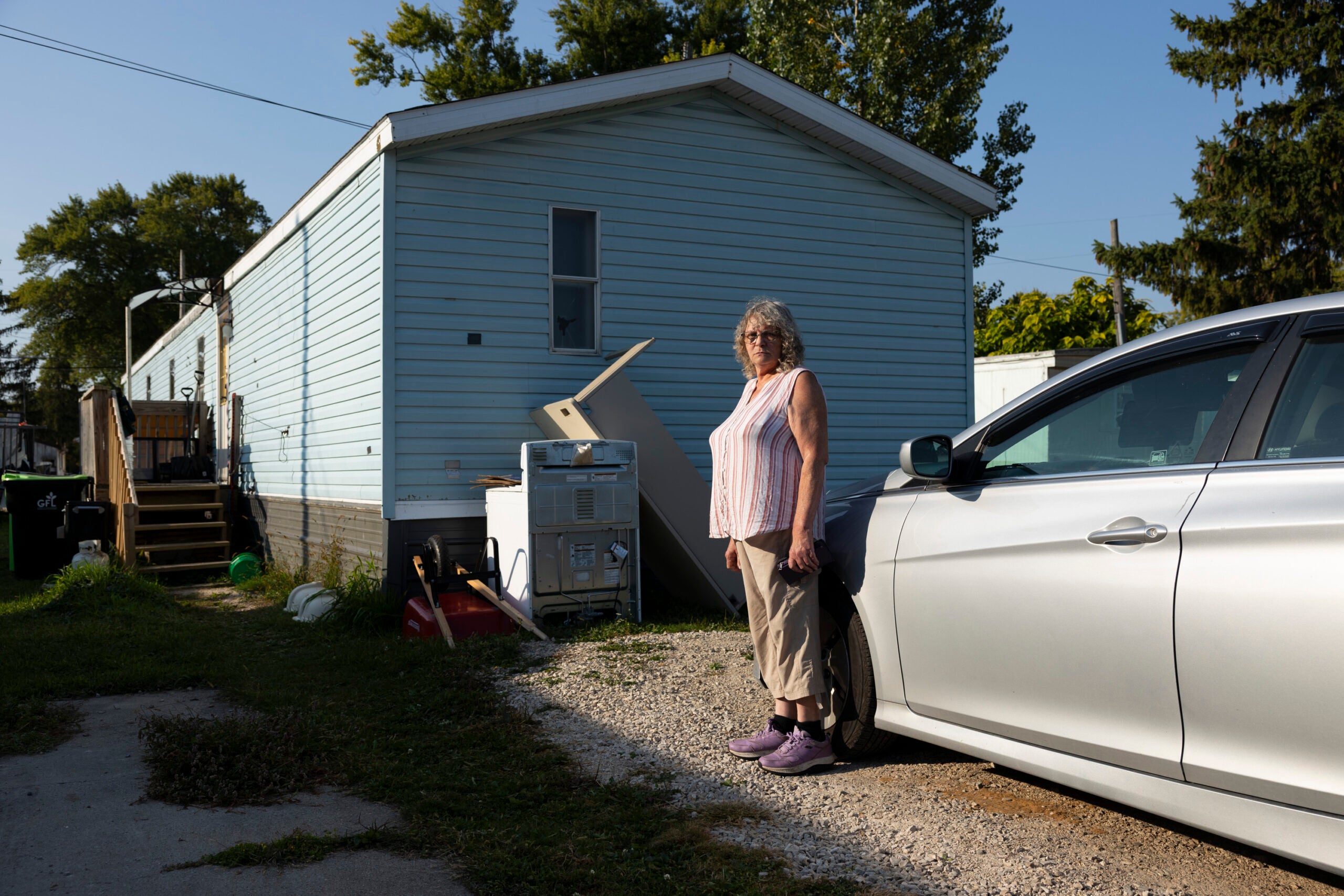Spring is a busy time for home improvements. Our consumer protection experts talk about things that you should do when hiring a contractor. They also discuss the latest scams and federal agency warnings and news.
Featured in this Show
-
What To Do Before You Hire A Contractor
If you’re planning to hire a contractor to do any home improvement projects this year, there are ways to protect yourself from being scammed or over charged.
Disputes between homeowners and contractors over home improvement projects is in the top 5 percent of complaints received by the Wisconsin Department of Agriculture, Trade and Consumer Protection, said Sandy Chalmers, assistant deputy secretary of DATCP.
“It is because of the amount of money that is typically involved,” Chalmers said. “If something goes wrong and communication breaks down with your home improvement contractor, it can be very, very frustrating.”
To prevent disputes, Chalmers advised homeowners do their homework. The first step is to hire the best contractor for your project. DATCP recommends the following:
- Ask friends and neighbors for recommendations, and ask potential contractors for names of former clients you can call and ask if they’re satisfied with the finished product.
- Get more than one estimate for your home improvement project, and make sure the estimates are in writing.
- When getting estimates, make sure: All contractors are bidding on exactly the same work; the contractor visits the job site rather than giving a phone estimate; and be leery of an estimate that comes in much lower than others. A low estimate is a warning flag, Chalmers said. “That usually means that they are using substandard materials or they’re going to short cut you,” she said.
- Contact DATCP’s hotline to see if complaints have been filed against a contractor you’re considering. The hotline is 800-422-7128.
Once you decide on a contractor, make sure you have a written contract. State law does not require a contract, but Chalmers said people hiring a contractor should insist on receiving one.
“Don’t go on a handshake,” she warned. “That tends to not work out very well. The value of the contract is that it’s written documentation. So that the contractor knows exactly what you want performed, and you know exactly what the contractor is going to do on his or her end.”
Other tips from DATCP include:
- Not signing a contract until you are sure you understand it.
- Depending on the amount of the project, consult an attorney to look over the contract.
- Never sign a completion certificate or make a final payment until you are satisfied and all work is done as specified.
- Get a lien waiver when any payment is made — especially a final payment. The waiver, which is like a receipt, will prevent the contractor, subcontractor or material supplier from putting a lien on your home if the contractor does not pay their bills. You have a right to lien waivers, but the contractor is not obligated to provide them if not asked.
Episode Credits
- Larry Meiller Host
- Jill Nadeau Producer
- Sandy Chalmers Guest
- Michelle Reinen Guest
Wisconsin Public Radio, © Copyright 2025, Board of Regents of the University of Wisconsin System and Wisconsin Educational Communications Board.





